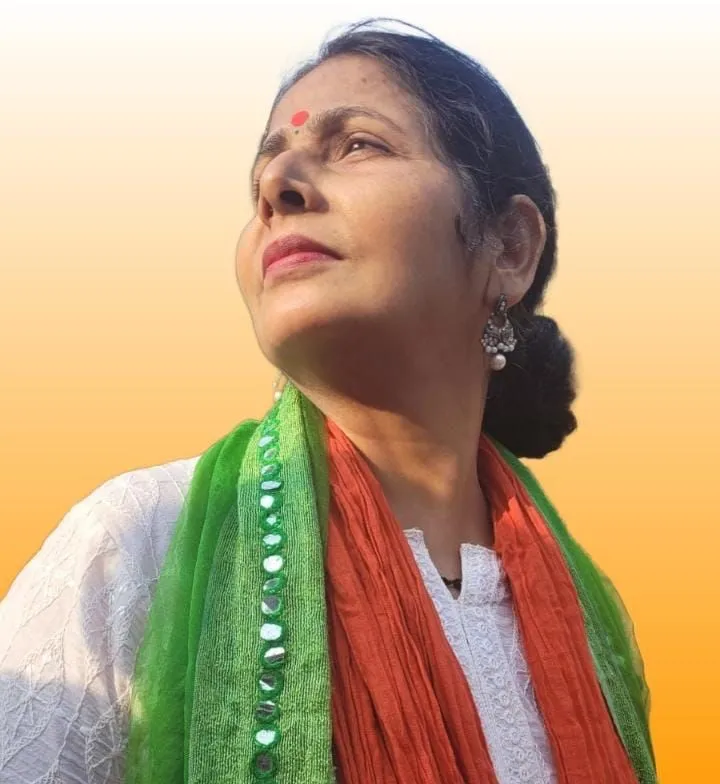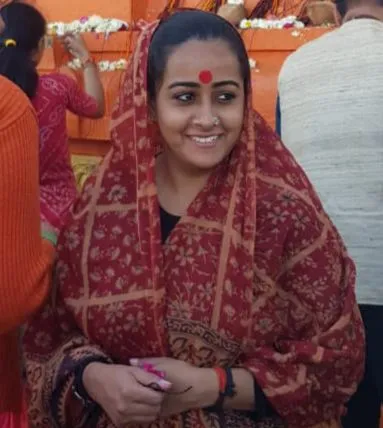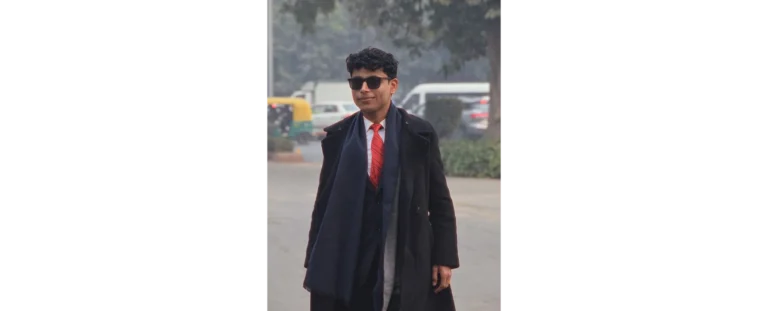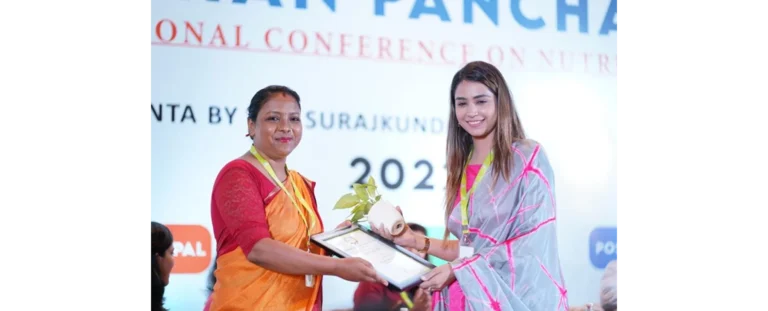
In the realm of art and expression, music has often served as a powerful medium to convey emotions, narratives, and social messages. “The Gyanvapi Song,” created by Dr. Lakshmi Tripathi and produced by Akanksha, is a remarkable example of how music can not only entertain but also inform and advocate for significant issues. This song, centered around the ongoing Gyanvapi Case in Varanasi, has emerged as a tribute to the plaintiffs and an opportunity to shed light on a historical and legal matter that has captured attention.
The inception of the song can be traced back to the event of the “shringar gauri” incident, where four women plaintiffs filed a plea in the Gyanvapi Case. Akanksha, the producer, became the catalyst for this musical journey, being the first to come across the song idea. Collaborating with Dr. Lakshmi Tripathi, who holds extensive qualifications in psychology, philosophy, astrology, and writing, the duo embarked on a creative endeavor that not only delved into music but also encapsulated the nuances of the Gyanvapi Masjid dispute.

The role of Dr. Lakshmi Tripathi in this endeavor is pivotal. Born and raised in Varanasi, her familiarity with the historical and cultural intricacies of the Gyanvapi site lent authenticity to the song’s narrative. With personal memories of the structure in question, she elucidated that the current Gyanvapi Masjid had a history of being perceived as a temple rather than a mosque. Her expertise and personal connection fortified the song’s message, making it not just a work of art, but a testimony to the historical understanding of the structure.
Behind the scenes, Akanksha acknowledges that the collaborative process was smooth, driven by Dr. Lakshmi Tripathi’s experience and guidance. As a newcomer in the realm of song production, Akanksha had the invaluable opportunity to learn and contribute to something revolutionary. The absence of struggles in the creative process is a testament to their dedication and shared vision.

The song’s achievements are noteworthy. “The Gyanvapi Song” serves as a rarity in its choice of topic and its commitment to accuracy. It pays homage to the plaintiffs and their advocacy, while also disseminating information to the public about the Gyanvapi Masjid case. The song’s reception has been positive, reaching a wide audience and even garnering appreciation from the plaintiffs themselves. This recognition from those closely involved in the case stands as a testament to the impact the song has made in both the artistic and social spheres.
In a world saturated with art and media, “The Gyanvapi Song” distinguishes itself as a harmonious fusion of music, history, and advocacy. Through the collaboration between Dr. Lakshmi Tripathi and Akanksha, it transcends the traditional boundaries of music and emerges as a voice that not only entertains but also enlightens. The song’s ability to appreciate the past, convey a message, and acknowledge the efforts of those involved in the Gyanvapi Case exemplifies the potential of art to drive meaningful conversations and engage with critical issues.



